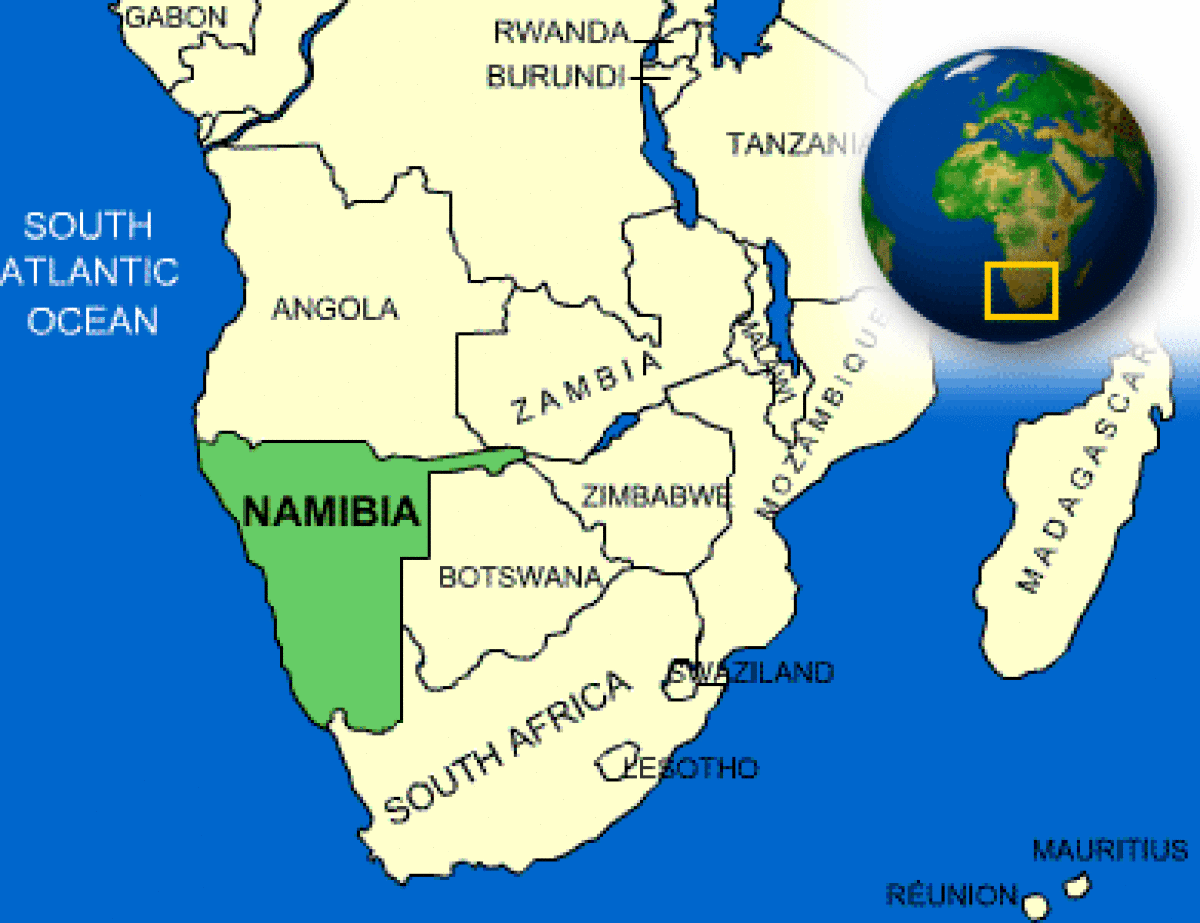 The 1960’s saw a tremendous amount of upheaval in the African continent. You could argue that this was in part due to the new order of things in Britain, but the reality is that cutting former colonies loose, had been going on for a couple of years already and probably really started to pick up momentum after 1945.
The 1960’s saw a tremendous amount of upheaval in the African continent. You could argue that this was in part due to the new order of things in Britain, but the reality is that cutting former colonies loose, had been going on for a couple of years already and probably really started to pick up momentum after 1945.
It is a little ironic to me that while the Soviet Union was colonizing Eastern Europe and helping to spread communism in the Americas, Britain and Western Europe were trying to shed themselves of their colonial legacy.
One country that stood out in 1966 was Namibia. Though it would decades before it would officially be named Namibia, it was a mandate of South Africa’s from 1915-1990 resulting from a decision by the League of Nations mandate at the Treaty of Versailles in 1919.
As a former German colony from 1881 it was known as Deutsch-Südwestafrika. Geographically it always struck me as a funny place. The main port – Walvis Bay and the Penguin Islands were annexed by Britain in 1878 and became part of the Cape Colony in 1884.
As part of the Heligoland-Zanzibar Treaty in 1890, a corridor of land was taken from the northern border of Bechuanaland (now Botswana) extended as far as the Zambezi river, and this was added to the colony. The strip of land, known as the Caprivi Strip (Caprivizipfel) after the German Chancellor Leo von Caprivi connected Botswana, Angola, Zambia, Zimbabwe and South West Africa.
 Of course the arrangements regarding the Treaty of Versailles became somewhat defunct after the second world war and the establishment of the United Nations but it would prove hard to displace South Africa’s mandate over South West Africa if no-one could assure the security of South Africa’s borders.
Of course the arrangements regarding the Treaty of Versailles became somewhat defunct after the second world war and the establishment of the United Nations but it would prove hard to displace South Africa’s mandate over South West Africa if no-one could assure the security of South Africa’s borders.
The UN’s view in 1966 was that twenty years after the termination by the General Assembly of the Mandate of South Africa over Namibia, the “racist regime” as they referred to South Africa, continued its illegal occupation of the Territory in violation of the relevant
resolutions and decisions of the United Nations.
South Africa was viewed as a destabilizer of the region, along with Rhodesia and the general assembly special session on the topic of the ‘Question of Namibia‘ raised all the prevalent complaints that were being leveled at Rhodesia – at South Africa in the context of Namibia.
I have never visited the place, but for the most part my understanding is that it is largely desert with just a few major towns that are steeped in their historical German colonial past.
Like all African countries it has a number of tribal communities – several of them quite distinctive – and then there is the matter of the ancient peoples – those who some refer to as Bushmen – the Khoisan – two groups of peoples of Southern Africa, who share physical and linguistic characteristics distinct from the Bantu majority of the region. A people who are now part of a dwindling African tribe that may have been most populous group on the planet.